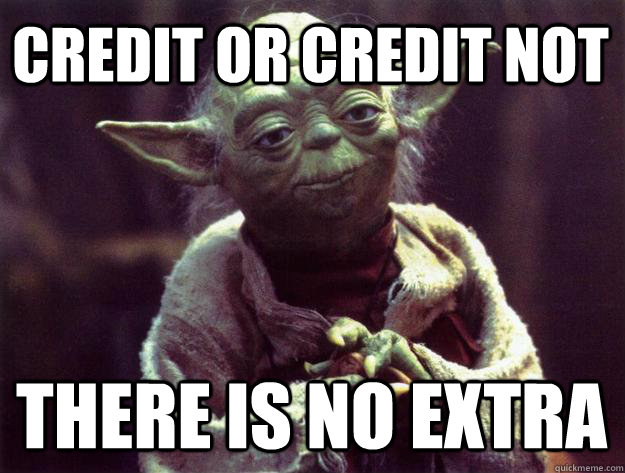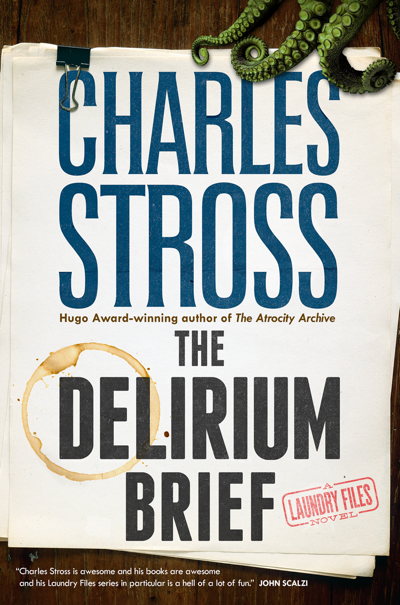History: is it about kings, dates, and battles, or the movement of masses and the invisible hand of macroeconomics?
There's something to be said for both theories, but I have a new, countervailing theory about the 21st century (so far); instead othe traditional man on a white horse who leads the revolutionary masses to victory, we've wandered into a continuum dominated by Bond villains.
Consider three four five, taken at random:
Mr X: leader of a chaotic former superpower with far too many nuclear weapons, Mr X got his start in life as an agent of SMERSH the KGB. Part of its economic espionage directorate, tasked with modernizing a creaking command economy in the 1980s, Mr X weathered the collapse of the previous regime and after a turbulent decade of asset stripping rose to lead a faction of billionaire oligarchs, robber barons, and former secret policemen. Mr X trades on his ruthless reputation—he is said to have ordered a defector murdered by means of a radioisotope so rare that the assassination consumed several months' global production—and despite having an official salary on the order of £250,000 he has a private jet with solid gold toilet seats and more palaces than you can shake a stick at. Also nuclear missiles. (Don't forget the nuclear missiles.) Said to be dating the ex-wife of Mr Y. Exit strategy: change the constitution to make himself President-for-Life. Attends military parades on Red Square, natch. Bond Villain Credibility: 10/10
Mr Y: Australian multi-billionaire news magnate. (Currently married to a former supermodel and ex-wife of Mick Jagger.) Owns 80% of the news media in Australia and numerous holdings in the UK and USA, including satellite TV channels, radio stations, and newspapers. Reputedly had Arthur C. Clarke on speed-dial for advice about the future of communications technology. Was the actual no-shit model upon whom Elliot Carver, the villain in "Tomorrow Never Dies", the 18th Bond movie, was based. Exit strategy: he's 86, leave it all to the kids. Bond Villain Credibility: 10/10
Mr Z: South African dot-com era whiz kid who made a fortune before he hit 30. Instead of putting his money into a VC fund he set his sights higher. By 2007 he had a tropical island base complete with boiler-suited minions from which he launched satellites and around which he drove an electric car: has been photographed wearing a tuxedo and stroking a white cat in his launch control center. Currently manufacturing electric cars in bulk, launching absolutely gigantic rockets, and building a hyperloop from Boston to Washington DC. Exit strategy: retire on Mars. Bond Villain Credibility: 9/10 (docked one point for trying too hard—the white cat was a plush toy.)
Mr T: Unspeakably rich New York property speculator and reality TV star, who, possibly with help from Mr X, managed to get himself into the White House. Tweets incessantly at 3AM about the unfairness of it all and how he's being persecuted by the false news media and harassed by crooked politicians while extorting fractional-billion-dollar bribes from middle eastern regimes. Has at least as many nukes as Mr X. Rather than a solid gold toilet seat, he has an entire solid gold penthouse. In fact, he probably has heavy metal poisoning from all that gold. (It would explain a lot.) Bond Villain Credibility: 10/10
Mrs M: After taking a head-shot, M was reconstituted as a cyborg using a dodgy prototype brain implant designed by Sir Clive Sinclair and parachuted into the Home Office to pursue a law-and-order agenda. Following an entirely self-inflicted constitutional crisis and a party leadership challenge in which all the rival candidates stabbed each other in the back, M strode robotically into 10 Downing Street, declared herself to be the Strong and Stable leader the nation needs, and unleashed the world's most chilling facial tic. Exit strategy: (a) Brexit, (b) ... something to do with underpants ... (c) profit? Bond Villain Credibility: 6/10 (down from 8/10 before the 2017 election fiasco.)
I think there's a pattern here: don't you? And, more to the point, I draw one very useful inference from it: if I need to write any more near-future fiction, instead of striving for realism in my fictional political leaders I should just borrow the cheesiest Bond villain not already a member of the G20 or Davos.


